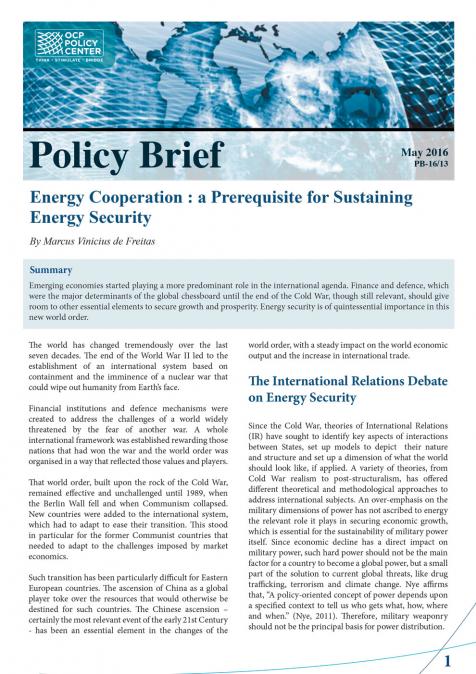Publications /
Policy Brief
Policy Brief
Free Markets vs.a Producer Price System: Why are Commodity Markets Becoming Financialized?
June 1, 2015
The financialization of commodity chains has its origins far beyond the increased participation of investment funds on the futures markets. It should basically be understood as the consequence of the progressive inability of players that make up these commodity chains to jointly manage price risk resulting from the transfer of product from upstream to downstream. This dynamic has emerged since the late 1970s, but it is likely that the current drop in prices, if it proved sustainable, and China's assertion as a financial power to strengthen the dynamic in the coming years.








